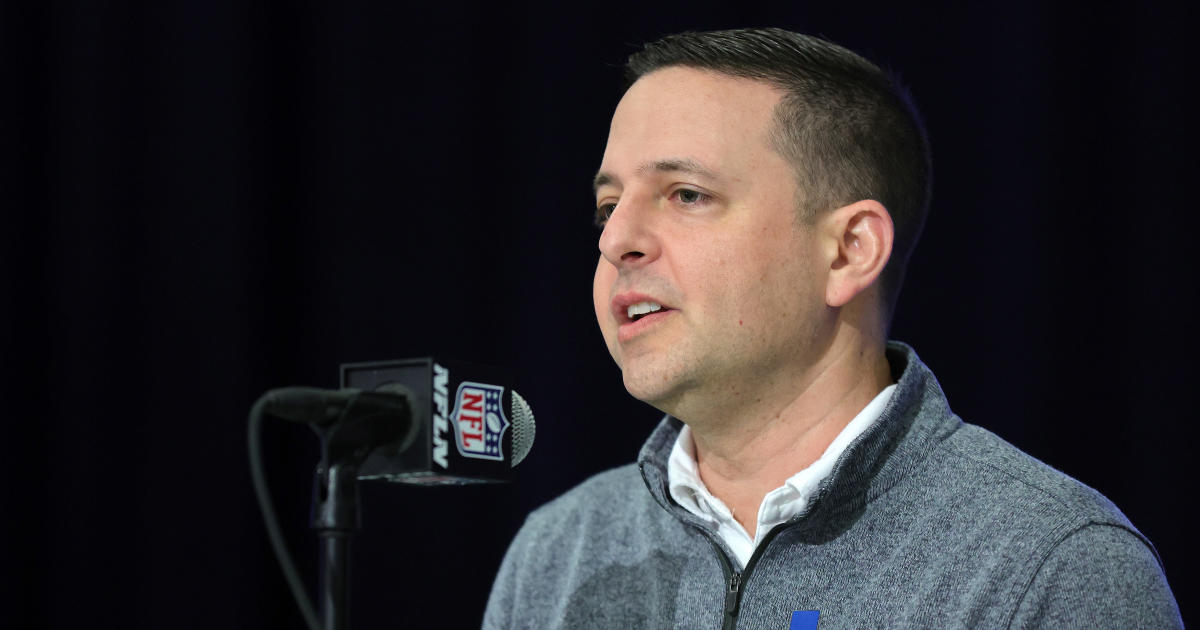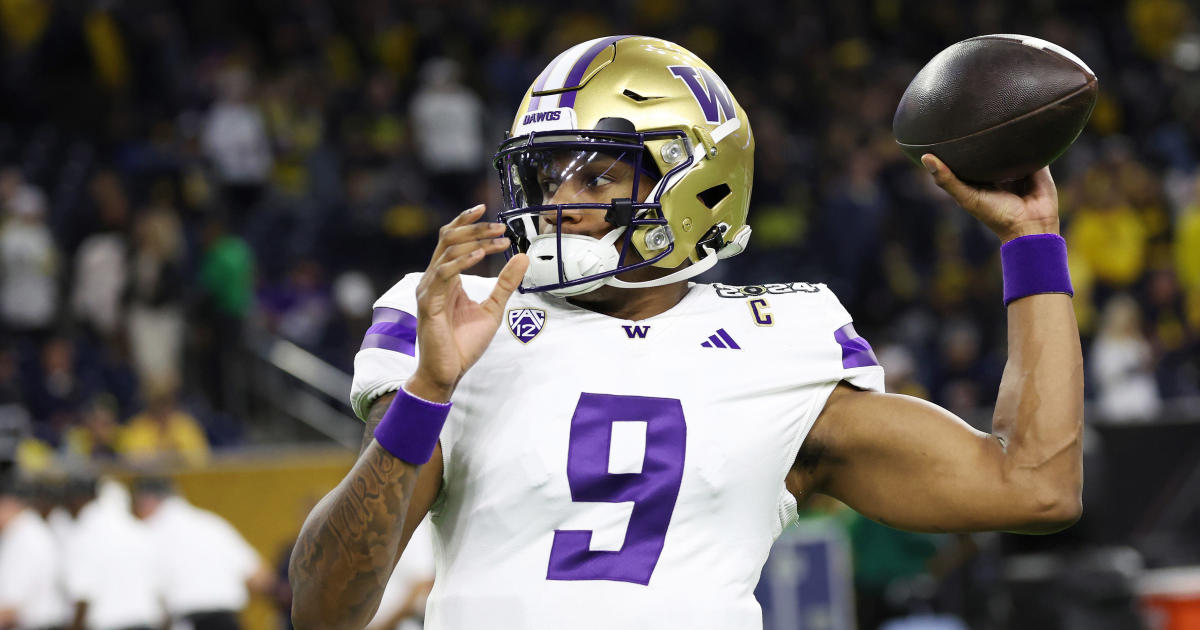'Unfairness' Prevails: NFL Won't Change Overtime Rule To Guarantee Possession To Both Teams
By Michael Hurley, CBS Boston
BOSTON (CBS) -- We're just going to go ahead and start this thing off with a warning: If you are extremely concerned with fairness and equality and everyone suckling on orange slices at halftime, then you're going to want to brace yourself for some unsettling news.
"Fairness" will not be coming to the NFL.
With the league's owners meeting this week in Florida, it was time for the decision-makers to make their call on Kansas City's sour grapes proposal that would ensure both teams to have a possession in overtime. This proposal came after the Chiefs allowed the Patriots to convert three separate third-and-10's in overtime of the AFC Championship Game, and then allowed Rex Burkhead to run for 15 yards on three carries, providing little resistance on a 75-yard Patriots touchdown drive. But that's probably just a coincidence; the Chiefs wanted to bring about fairness.
Alas, that "fairness" won't be coming, as the proposal didn't even have enough support to warrant a vote.
And so, dreaded "unfairness" will continue to rule the day in overtime.
That "unfairness" will require football teams to play football. The sport of football involves three separate phases, with just one being offense. Another element of the game is something called "defense," which isn't well-known in the modern era but used to be considered a significant aspect of the sport. There's also a rumor about "special teams" existing, which would presumably involving kicking the football and then making tackles that affect field position and whatnot. Though that one might just be an urban legend.
Somewhere along the line, as fans and observers of the sport became bewitched by offensive numbers and fantasy scoring, the concepts of "defense" and "special teams" faded a bit, leaving offense as the true and rightful ruler of the sport. As such, the idea that the team that loses a coin toss "didn't get a chance to possess the football in overtime" gained steam. It gained a lot of steam.
So much steam, in fact, that a rule change appeared to have been inevitable. Handsome, witty, bewhiskered sports writers penned multiple columns, dating back to January, stretching through the first day of March, and then finally accepting the reality that lame change was inevitable by early May. Despite a general disagreement with the masses, a true sportsman could feel the groundswell of support and understand that the league was certainly going to make the change.
Alas, somehow, some way, reason prevailed. It turns out, even if a team loses a coin toss, it still "has a chance" to possess the football. (The fact that the coin toss winners end up winning just 52.7 percent of the time might have made that an already-established point.) All that's required is holding the opponent to a field goal, or forcing a punt, or forcing a turnover, or making a fourth-down stop. Any one of those avenues will lead to the poor team that didn't "have a chance" to get the football.
In other words, a football team has to play football moderately well in order to win a football game. What a novel concept.
Really, what was most at stake with this potential rule change was the removal of a few very important factors: Coaching, preparation, and execution in crunch time. In the case of Andy Reid and the Chiefs, a cursory review of the overtime period shows that one team was very prepared in the biggest moment of the season, and one team was not. One team knew exactly how to attack the other, and one team did not.
One team was able -- through great quarterback play, through smart route running, through elite ball catching, and through excellent offensive line play -- to make the plays necessary to win the game.
One team -- through highly questionable defensive formations, through an inability to adapt in real time, and through an unforgivable choice to not call a single timeout to try to get organized on defense -- was simply unable to make the necessary play, despite getting seven chances to do so.
Andy Reid is now 1-5 as a head coach in conference championship games, and he's 12-14 as a head coach in the playoffs. That he was outcoached by Bill Belichick -- who is 9-4 in conference title games and 31-11 as a head coach in the postseason -- was not a coincidence or a random occurrence or a sign of inequitable unfairness on display. It was simply a better coach being better at coaching when the season was on the line.
Likewise, Tom Brady carving apart a defense that ranked 31st in yards allowed, 31st in passing yards allowed, 24th in points allowed and 25th in third down stops was, again, not a random occurrence. Most teams would recognize this fault and seek to improve upon a very bad defensive unit (a defensive unit which would have nevertheless won the game if not for Dee Ford lining up offside on a rather important snap). The Chiefs are trying to do that, but they also sought to change the rules to make up for their own shortcomings.
Yet in that one game which prompted this proposal, the better team won. The team with better coaching and the team that knew what to do in overtime was the team that won. Rewarding the less-prepared team that responded poorly to the big moment by gifting them the football? That would go against everything the sport of football represents.
If you want something in this game, you have to at least do a little something to earn it.
The NFL doesn't always get everything right. In fact, the NFL doesn't seem to get many things right. But this one, oh, golly. This one's beautiful. Now let's hope it lasts as long as possible.
You can email Michael Hurley or find him on Twitter @michaelFhurley.



